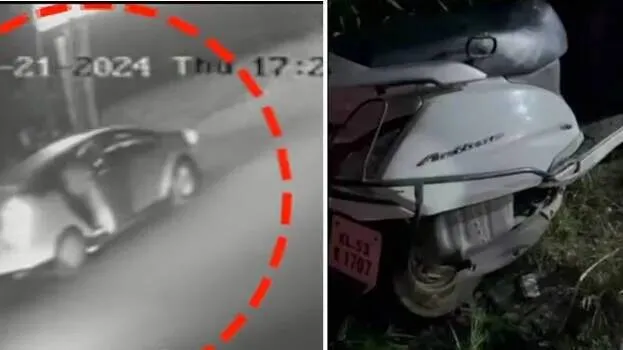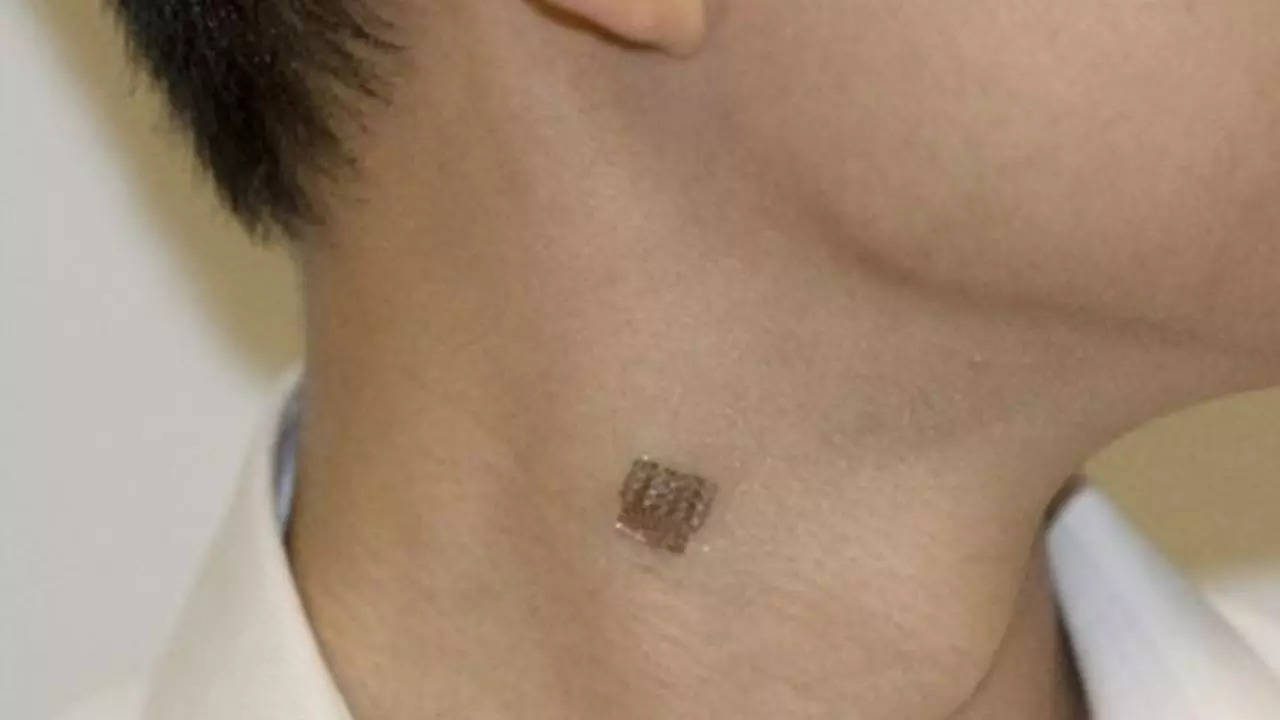
Fireman's 'cold' was actually deadly flesh-eating bacteria that attacked his BUTTOCKS leaving him disabled READ MORE: Father of 3 died after flesh-eating bacteria infected tiny cut By EMMA NELSON FOR MAILONLINE Published: 10:46, 21 November 2024 | Updated: 10:46, 21 November 2024 e-mail View comments A former fireman was left fighting for his life after what he thought was a 'bad cold' turned out to be a flesh-eating bug that 'chewed' through his buttocks 'like a shark'. Simon English, 55, spent three months in intensive care where he 'came close to dying', and eventually had to undergo a procedure to install a stoma to allow his wound to heal. 'I look like a shark's taken a bite out of my a**e,' said Mr English, a retired fireman from Beverley, Yorkshire.
'I ended up looking like I was about 70 years old after lying in bed for weeks. 'My nurse told me if I'd left it any longer before going to hospital, I wouldn't be here now.' Mr English's ordeal began in late March, when he developed all the classic symptoms of a cold.
His wife, Kay, works in a school and is 'always picking up illnesses', so the couple assumed his illness was nothing out of the ordinary. But as the hours went by, his symptoms — a fever, cough and fatigue — got worse. Simon English spent three months in ICU while doctors treated him for a life-threatening infection that began in his buttock.
Necrotising fasciitis ia thought to affect between 500 and 1000 people every year in the UK, with around one in five patients dying from the infection. By the following day, he knew 'something wasn't right' and took himself to hospital. 'The next two weeks are so blurry,' he said, admitting he can't remember much about what happened next.
'They gave me a lot of morphine, I hallucinated a lot. And then, when I came round two weeks later, a doctor told me I had a condition called necrotising fasciitis.' Necrotising fasciitis, also known as the 'flesh-eating disease', is a rare and life-threatening infection that starts in a wound.
It progresses quickly after being triggered by various types of bacteria, including group A streptococcus and staphylococcus. Occasionally, the bacteria can become life-threatening if it enters parts of the body such as the blood, muscles or the lungs. Symptoms include small, red lumps or bumps on the skin, rapidly-spreading bruising, sweating, chills, fever and nausea.
Organ failure and sepsis are also common complications. Mr English was fitted with a colostomy bag, in which one end of the colon is diverted through an opening in the abdomen. The waste products then collect in a bag attached to the opening.
Sufferers must be treated immediately to prevent death, and are usually given powerful antibiotics and surgery to remove dead tissue. The mortality rate for the infection is high — and Mr English said his doctor told him one in five patients don't make it. While in hospital, he was rushed for emergency surgery to cut out the infection on his left buttock — which had started in a small cut he hadn't even noticed.
'I had four operations,' he said. 'They dressed [the wound], and sent me back to the ICU.' Around four to five days after he came to, he was sent for a skin graft on his buttock — with skin taken from his right leg.
His body rejected the first graft, but the second one 'stuck' and a two-month-long rehabilitation period in hospital began. 'I had to walk around the hospital with a walking frame,' he said. 'I was in hospital for a further two months, to allow the wound to heal.
' Read More Mum left fighting for life after Turkey liposuction led to 'flesh-eating' disease and deadly sepsis The infection was so severe, doctors recommended an emergency colostomy to allow the wound to heal properly. Mr English is still waiting to hear when the reversal procedure will be done. After being discharged from hospital in June, the retiree is slowly getting back to 'normal' life.
He's hoping to go back to working as a volunteer gardener very soon. 'Apart from my stoma, I'm all healed up,' he said. 'My wound has totally healed, although it looks a bit funny, because of my skin graft.
'The surgeon did say of all places to get it, you'd want it on your buttock so it's out-of-sight. 'I've started doing a few little handyman jobs here and there, and I would like to get back to being a part-time gardener.' Share or comment on this article: Fireman's 'cold' was actually deadly flesh-eating bacteria that attacked his BUTTOCKS leaving him disabled e-mail Add comment.














